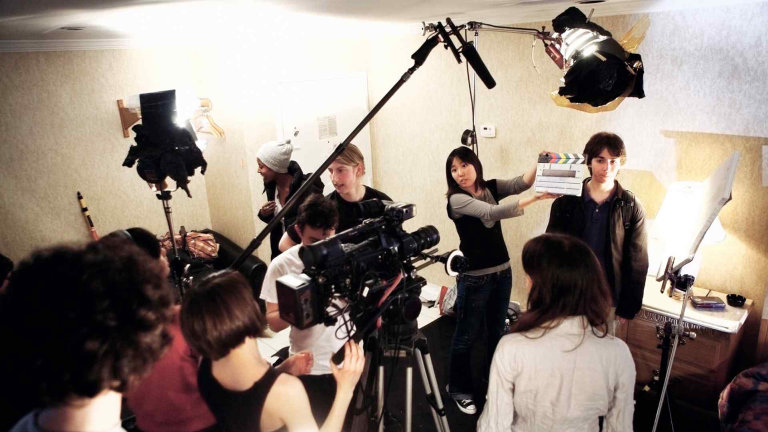
Even the most talented artists never stop learning. Every great musician constantly refines their skills, experiments with new ideas, and pushes beyond comfort zones. Growth in music is not just about talent but also about discipline, curiosity, and persistence.
1. PRACTICE WITH PURPOSE
Simply repeating songs is not enough. Intentional practice targets weak spots and builds confidence.
- Break complex sections into smaller parts
- Use a metronome to strengthen timing
- Record yourself and listen back critically
Consistency is more valuable than intensity. Practicing thirty minutes daily will help you progress faster than occasional long sessions.
2. STUDY OTHER ARTISTS
Listen widely. Explore music outside your genre to understand different approaches to rhythm, melody, and storytelling.
- Analyze how songwriters build emotion
- Observe how producers use silence and space
- Watch live performances to learn stage techniques
Every artist you study teaches you something new about your own style.
3. LEARN THE BASICS OF MUSIC THEORY
You do not need to be a scholar to understand theory. Knowing how chords, scales, and rhythm work gives you more control over creativity and improves collaboration with other musicians.
Start with simple progressions and learn how they create different moods.
4. EXPERIMENT WITH NEW SOUNDS
Do not let your music become predictable. Try new instruments, plug-ins, genres, or cultural influences. Experimentation keeps your sound fresh and opens unexpected creative paths.
Some of the best songs come from happy accidents.
5. GET CONSTRUCTIVE FEEDBACK
Invite musicians, mentors, or fans to share honest critiques. Feedback reveals blind spots you may miss when working alone.
Learn to separate helpful insights from personal opinion and apply what aligns with your artistic growth.
6. DEVELOP YOUR EAR
A trained ear improves pitch, tone, and mix quality.
- Identify intervals, chords, and instruments in songs you admire
- Use ear-training apps or online tools
Focused listening sharpens musical intuition.
7. STRENGTHEN YOUR SONGWRITING
Write regularly, even if the results are imperfect. Treat songwriting like exercise. The more you do it, the better you become.
Keep a notebook or voice memo app nearby to capture spontaneous ideas and review past work to track your evolution.
8. LEARN BASIC PRODUCTION
Understanding recording and mixing gives you creative control and saves time in the studio.
- Learn the basics of EQ, compression, and effects
- Communicate more effectively with producers and engineers
9. WATCH AND LEARN FROM LIVE PERFORMERS
Attend shows to observe how professionals engage the crowd.
- Notice pacing, body language, and transitions
- Study how they maintain energy between songs
These details can elevate your own performances.
10. STAY CURIOUS
Growth as an artist never stops. Be open to learning from any source: peers, teachers, experiences, and even mistakes.
The most inspiring artists are those who continue to explore and evolve.
Improving your craft is a lifelong process. Every song, rehearsal, and performance adds a new layer to your skill. Growth often happens quietly behind the scenes before it shows on stage.






